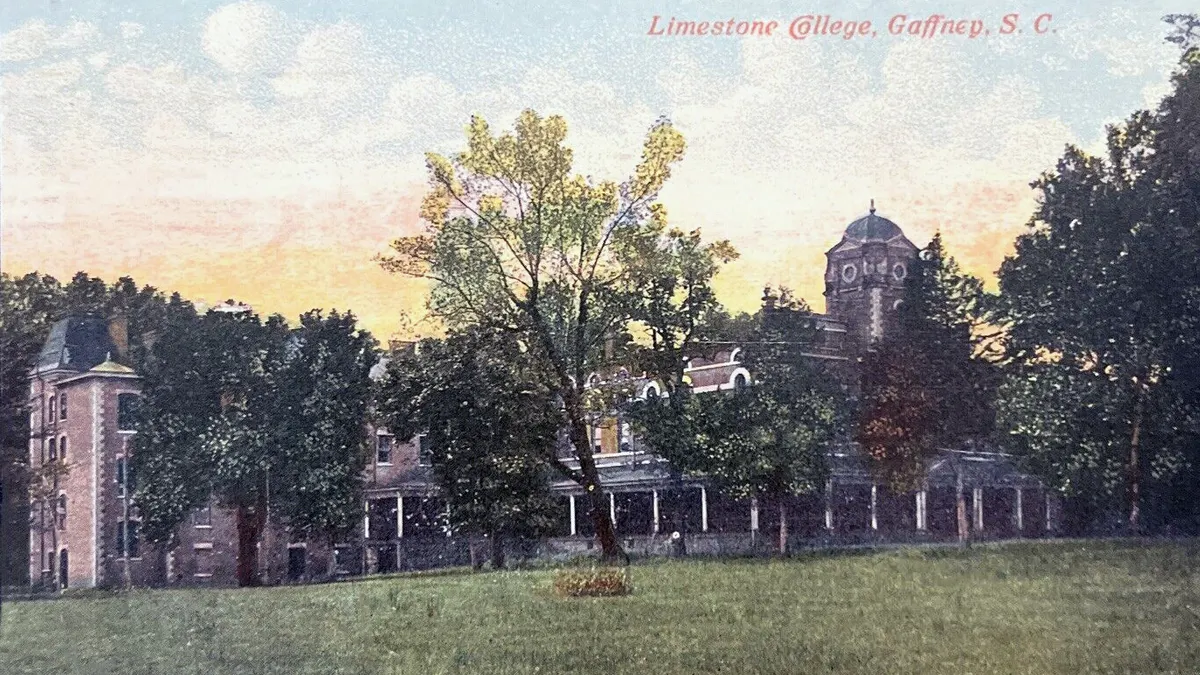Dive Brief:
- Only 53% of high school graduates of color in rural areas go on to college, making them equally unlikely to attend college as their urban counterparts, reports The Hechinger Report. Nationwide 69% of all high school graduates enroll in college, but from 2014 to 2015, the portion of graduates from rural non-white high schools, who went on to college fell.
- Costs and remoteness influence why many of the nation’s 2 million rural students of color don’t go on to college, but various other reasons stem from their particular communities or ethnic groups. For instance, many immigrant students face serious language barriers and a lack of access to resources like financial aid, while deep segregation contributes to lower college enrollment for black students.
- Overall, a significant share of rural students don't see value in a college degree. Like their parents, many plan to work in agriculture or factory jobs that don’t require a degree. Adding to problem, fewer college graduates live in rural areas and students who do go off to college don’t return after they finish. All this helps to foster a culture where high schools are not expected to attend college.
Dive Insight:
Demographic shifts will be an ongoing challenge for colleges and universities, many of which are still trying to figure out how to best serve students of color. Population trends could dramatically decrease enrollment for some institutions and, in the process, threaten a critical source of funding for institutions that rely on student tuition to operate soundly. Recruiting more rural students could be a big help to the institutions sitting on the losing end of population shifts. Minnesota’s private colleges make the extra effort to recruit and retain rural-area students. Carleton College, for example, has a designated scholarship for rural students. Other institutions like, the College of Saint Benedict and Saint John’s University are intentional about guiding rural students toward support services that could ease their transition to college.
Besides helping colleges to fill seats, fairness is also important reason to recruit more rural students. Rural students face similar hurdles to college enrollment as other underrepresented, low income and first-generation students. Potentially, successful rural recruits can be great ambassadors and help colleges attract more students from similar backgrounds.







